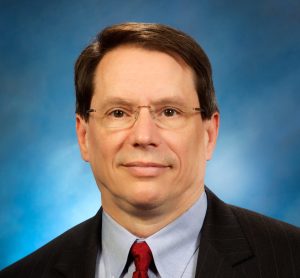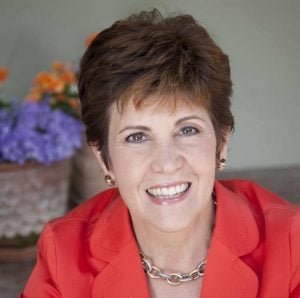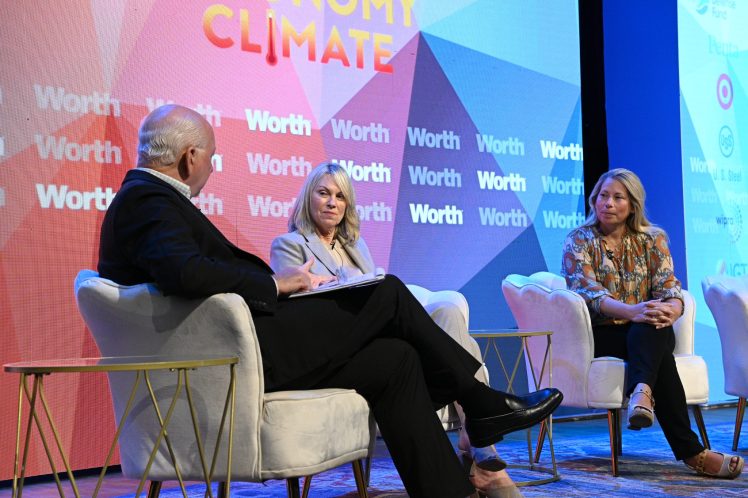Companies, regardless of industry, are transforming themselves with technology. Successful techonomic businesses must learn to continuously transform their nervous systems with software. Read excerpts from the conversation below.
ZANCA: At FedEx, technology is embedded in our customer experience and permeates everything we do. Every company's board of directors has an audit committee, a comp committee and a nominating committee, but we actually have an IT committee. On our customer side, we're now a commercial software company equivalent, with APIs for customers to plug into. We’re creating an information-sharing platform and developing a services-oriented architecture to expose data inside the operation.
PRASAD: Bill Ford says that he used to worry about how to make more cars. Now he worries: what if we only made cars? They're now sophisticated computers on wheels, but we live in an unbelievably unconnected world when it comes to transportation. Cars have to mesh in with communities and cities. Suddenly the car is getting repurposed to be a platform with an API. When my vehicle is programmed, my experience is programmed.
HOPKINS: It’s similar with banks. You used to think of a bank as a physical thing; now it's a virtual thing. It's a traveling-with-you way of accessing money.
KIRKPATRICK: Could more companies do payments and more companies do transportation services, so the line between a Citi and a Ford might begin to blur?
HOPKINS: The blurring is happening. It’s creating a longer continuum of how you can make a payment. We don't really see it as a threat; we see it as thinking differently. We move trillions of dollars every day and we have pipes that a lot of startups couldn't begin to have, but if you partner, you can create something powerful.
SARRAZIN: If McKinsey were a startup, we’d be a pretty big software company. We have multiple millions of dollars of revenue that is software based. Customers liked the tools we were using with them and they said, "Can we keep it? Can we load up our data on it?" We now have now 21 service lines offering software as a service.
MARK S. BONCHEK, SEARS HOLDINGS (from audience): You can't do it in a top-down way anymore, so how do you organize culture change so that it's decentralized?
HOPKINS: The winning hand is getting people involved, teaching them design, and having them see it work. Nobody on my team is a banker by intent; they’re designers interested in building things. The days of figuring out how to charge more fees are over.
ZANCA: We run a customer-facing innovation group and we bring in people who have a broad perspective and do design-think. We try to drive innovation from the standpoint of design as a co-creation with our customer. In the U.S., we have six or seven major software development centers. Co-creation and working with our customers directly led us to concepts like our developer resource center, where you'll find all of our APIs.
PRASAD: We have APIs in cars through what we call infotainment platforms. That's available in product form today. Pandora has an app running through our system. That happened because it was so easy and enticing to write the app.








